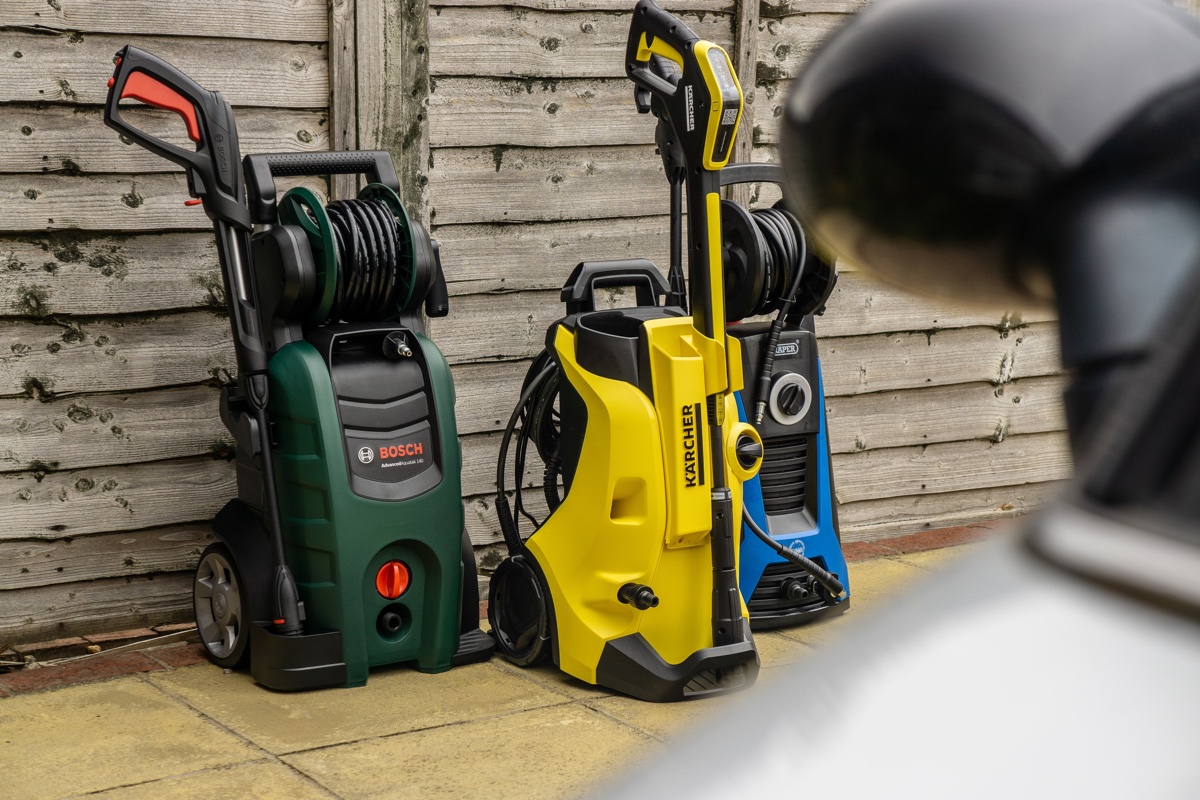

Articles
What Size Pressure Washer Do I Need
Modified: October 20, 2024
Learn what size pressure washer you need to efficiently clean your surfaces. Read our helpful articles for expert advice and recommendations.
(Many of the links in this article redirect to a specific reviewed product. Your purchase of these products through affiliate links helps to generate commission for Storables.com, at no extra cost. Learn more)
Introduction
Pressure washers are versatile tools that can be used for a wide range of cleaning tasks, from removing dirt and grime from outdoor surfaces to stripping paint off of surfaces. However, in order to achieve optimal results, it is important to choose the right size pressure washer for your needs. The size of a pressure washer refers to the power and capacity of the machine, specifically the water pressure and flow rate it can generate.
When it comes to selecting the right size pressure washer, there are several factors to consider. It’s important to evaluate the water pressure and flow rate, the type of cleaning application, the size of the cleaning surface, and the different types of pressure washers available. By taking these factors into account, you can ensure that you choose a pressure washer that meets your specific needs and delivers the desired results.
In this article, we will delve into each of these factors and provide you with the information you need to determine the ideal size pressure washer for your cleaning tasks. Whether you are a homeowner looking to clean your outdoor spaces or a professional cleaner tackling large-scale projects, this guide will help you make an informed decision.
Key Takeaways:
- Choose a pressure washer with the right water pressure and flow rate for your specific cleaning tasks to avoid damage to delicate surfaces and ensure effective cleaning results.
- Consider the size of the cleaning surface, the type of cleaning application, and the practicality of gas-powered or electric-powered pressure washers to select the ideal size for efficient and satisfactory cleaning performance.
Factors to Consider
Before diving into the specifics of pressure washer sizes, it’s important to consider several key factors that will help guide your decision-making process. These factors include the water pressure and flow rate, the type of cleaning application, the size of the cleaning surface, and the different types of pressure washers available.
Water Pressure and Flow Rate: Water pressure is measured in pounds per square inch (PSI), while the flow rate refers to the amount of water the pressure washer can deliver per minute (GPM). These two factors work together to determine the cleaning power of the pressure washer. Higher PSI and GPM values generally indicate a more powerful machine that can tackle tougher cleaning tasks. However, it’s essential to strike a balance between pressure and flow rate, as excessive pressure can damage delicate surfaces.
Cleaning Application: Consider the specific cleaning tasks you’ll be using the pressure washer for. Are you cleaning large outdoor areas, such as driveways or patios? Or are you primarily using it for smaller tasks like washing your car or cleaning windows? Different applications may require different pressure washer sizes to provide optimal performance and efficiency.
Size of the Cleaning Surface: The size of the area you need to clean plays a crucial role in determining the size of the pressure washer. A smaller cleaning surface may require a compact pressure washer with lower PSI and GPM ratings. However, larger surfaces or heavy-duty cleaning tasks may require a more powerful and larger pressure washer with higher PSI and GPM ratings.
Types of Pressure Washers: There are two main types of pressure washers: gas-powered and electric-powered. Gas-powered pressure washers are typically more powerful and offer greater portability, making them suitable for larger and more demanding tasks. Electric pressure washers are generally smaller, lighter, and quieter, making them ideal for smaller cleaning projects and indoor use. Consider the advantages and disadvantages of each type when selecting the appropriate size.
By taking these factors into account, you can narrow down your options and select the right size pressure washer that is best suited for your specific needs. In the next sections, we will explore the different types of pressure washers and provide further guidance on choosing the ideal size for your cleaning tasks.
Water Pressure and Flow Rate
When it comes to pressure washers, the water pressure and flow rate are crucial factors to consider in determining the appropriate size for your needs. Water pressure is measured in pounds per square inch (PSI), while the flow rate refers to the amount of water the pressure washer can deliver per minute (GPM).
Higher PSI and GPM values typically signify a more powerful pressure washer that can handle heavy-duty cleaning tasks. However, it’s important to strike a balance between pressure and flow rate. Excessive pressure can potentially cause damage to delicate surfaces, while a low-flow rate can result in less effective cleaning.
For most household cleaning tasks like washing a car or removing dirt from surfaces, a pressure washer with a PSI range of 1300-2000 and a GPM range of 1.2-1.8 will suffice. These models offer enough power to tackle everyday cleaning projects without risking damage to the surfaces.
For tougher cleaning tasks, such as removing stubborn stains or stripping paint, you might need a pressure washer with higher PSI and GPM ratings. Commercial-grade pressure washers generally have PSI ranges of 2000-3000 and GPM ranges of 2-4, providing the necessary power for heavy-duty cleaning.
It’s essential to consider your specific cleaning needs and the surfaces you’ll be working on when determining the appropriate water pressure and flow rate. If you’re unsure about the ideal PSI and GPM values for your tasks, consult the manufacturer’s guidelines or seek advice from professionals in the industry.
Remember to always start with the lowest pressure setting and gradually increase it until you achieve the desired cleaning results. This allows you to minimize the risk of causing damage to sensitive materials or surfaces.
Understanding the importance of water pressure and flow rate will help you choose a pressure washer that is powerful enough to handle your cleaning tasks without causing unnecessary harm. It’s crucial to evaluate your specific needs and the surfaces you’ll be cleaning to determine the right size pressure washer for optimal performance and efficiency.
Cleaning Application
When selecting the right size pressure washer, it’s important to consider the specific cleaning applications you intend to undertake. Different tasks require different levels of power and pressure to achieve effective results.
If you are primarily using the pressure washer for light-duty household tasks, such as cleaning a car, washing windows, or removing dirt and debris from outdoor furniture, a smaller and more compact pressure washer will be suitable. Electric-powered pressure washers with PSI ratings between 1300-2000 and GPM ratings between 1.2-1.8 are often perfect for these types of applications. They provide enough power to clean without risking damage to delicate surfaces.
On the other hand, if you are tackling larger outdoor areas like driveways, patios, or decks, you may require a more powerful pressure washer with higher PSI and GPM ratings. Gas-powered pressure washers in the range of 2000-3000 PSI and 2-4 GPM can handle these heavy-duty tasks more efficiently.
If your cleaning tasks involve removing stubborn stains, mold, or old paint, a pressure washer with even higher PSI and GPM ratings may be necessary. Commercial-grade pressure washers with PSI ratings above 3000 and GPM ratings above 4 are designed to take on challenging cleaning applications.
In addition to considering the power and pressure requirements, it’s essential to think about the surface you’ll be cleaning. For example, different surfaces may have different sensitivities to pressure. Delicate surfaces like painted wood or windows may require lower pressure settings to avoid damage, while tougher surfaces like concrete or brick can handle higher pressure settings.
Take into account the types of cleaning applications you’ll be performing and the specific surfaces you’ll be working on. This will help you determine the appropriate size pressure washer that can deliver the power and pressure you need for effective and efficient cleaning.
Remember, it’s always better to start with a lower pressure setting and gradually increase it as needed. This allows you to assess the cleaning effectiveness and prevent any potential damage to surfaces.
By understanding your cleaning application requirements, you can choose a pressure washer that is tailored to your specific needs, ensuring optimal performance and satisfaction.
Size of the Cleaning Surface
The size of the cleaning surface directly affects the size of the pressure washer you will need. Larger surfaces require a more substantial cleaning capacity to ensure efficient and timely completion of the task.
For small-scale cleaning projects, such as washing a car or cleaning a small patio area, a compact pressure washer with lower PSI and GPM ratings will suffice. These portable and lightweight models are convenient for maneuvering in tight spaces and providing the necessary power for smaller surfaces.
However, if you are dealing with larger areas like driveways, decks, or commercial spaces, a more robust and powerful pressure washer is essential. These larger surfaces may require higher PSI and GPM ratings to effectively remove dirt, stains, and debris.
A general guideline is to consider the square footage of the area you need to clean. For example, a pressure washer with a PSI rating of 3000 and a GPM rating of 3 would typically be suitable for cleaning surfaces up to 2000 square feet. If you are working with an area larger than that, you may need to consider a pressure washer with even higher PSI and GPM ratings.
Additionally, it’s crucial to consider the frequency of use and the time constraints for completing the cleaning task. A larger pressure washer with higher cleaning capacity can help you save time and effort when dealing with substantial cleaning surfaces.
Keep in mind that the size of the cleaning surface also affects the portability of the pressure washer. Gas-powered pressure washers, while more powerful, tend to be heavier and less maneuverable compared to electric-powered models. Consider the practicality of moving and operating the pressure washer on larger surfaces when making your decision.
By evaluating the size of the cleaning surface and considering both the square footage and the practicality of the task, you can determine the appropriate size pressure washer to effectively and efficiently clean your desired area.
When choosing a pressure washer, consider the size of the area you’ll be cleaning. For small tasks like washing a car, a pressure washer with 1500-2000 PSI should suffice. For larger tasks like cleaning a deck or driveway, a pressure washer with 2500-3000 PSI is recommended.
Read more: How Much Psi Do I Need In A Pressure Washer
Types of Pressure Washers
When it comes to pressure washers, there are two main types to consider: gas-powered and electric-powered. Each type has its own advantages and considerations, and understanding these differences will help you choose the right size pressure washer for your needs.
Gas-Powered Pressure Washers: Gas-powered pressure washers are known for their high power and portability. They are typically more suitable for larger and more demanding cleaning tasks. These machines are powered by gasoline engines, which provide greater pressure and flow rate capabilities compared to their electric counterparts.
Gas-powered pressure washers are well-suited for heavy-duty applications, such as cleaning large outdoor areas, tackling stubborn stains, or removing paint. They are also ideal for remote locations where access to electricity may be limited or inconvenient.
However, it’s important to note that gas-powered pressure washers tend to be heavier, louder, and require regular maintenance, including fueling and oil changes. They also emit exhaust fumes, which should be considered when working in enclosed or poorly ventilated areas.
Electric Pressure Washers: Electric pressure washers are generally smaller, lighter, and quieter compared to their gas-powered counterparts. They are more suitable for smaller cleaning tasks and are typically easier to handle and operate.
Electric pressure washers are powered by electricity and are well-suited for tasks like cleaning cars, washing windows, or maintaining smaller outdoor spaces. They are generally more affordable and require less maintenance compared to gas-powered models.
However, electric pressure washers may have lower PSI and GPM ratings compared to gas-powered models, making them less suitable for heavy-duty or large-scale cleaning projects. They also require access to a power outlet, which may limit their portability and convenience.
When considering the different types of pressure washers, it’s important to evaluate your specific cleaning needs and the tasks you will be performing. Consider the size of the cleaning surface, the power requirements, and the practicality of both gas-powered and electric-powered options.
Additionally, it’s worth noting that there are variations within each type of pressure washer, with different models offering different PSI and GPM ratings. Evaluate your specific requirements, read product specifications, and consider customer reviews to choose the right size pressure washer that meets your needs and provides the desired cleaning performance.
Gas-Powered Pressure Washers
Gas-powered pressure washers are renowned for their high power and versatility, making them a popular choice for heavy-duty cleaning tasks. These machines are commonly used for larger outdoor areas, commercial settings, and challenging cleaning applications where electricity may not be readily available.
One of the main advantages of gas-powered pressure washers is their increased cleaning power. These machines are typically more powerful than their electric counterparts, offering higher PSI (pounds per square inch) and GPM (gallons per minute) ratings. This allows them to generate greater water pressure and flow rate, resulting in more effective cleaning and faster task completion.
Gas-powered pressure washers also offer greater portability. Unlike electric pressure washers that require an electrical outlet, gas-powered models do not have this limitation. They can be used in remote areas, on construction sites, or in other outdoor settings where access to electricity may be limited.
Furthermore, gas-powered pressure washers are known for their durability and longevity. These machines are built with robust engines and high-quality components that can withstand frequent use and demanding cleaning conditions. With proper maintenance and care, a gas-powered pressure washer can serve you effectively for many years.
However, it’s important to consider some potential drawbacks when choosing a gas-powered pressure washer. These machines tend to be heavier and louder compared to electric models. The weight and noise level may be factors to consider if you require mobility or if noise restrictions are in place.
In addition, gas-powered pressure washers require regular maintenance, including fueling and oil changes, to keep them in optimal condition. They also emit exhaust fumes, so it’s essential to use them in well-ventilated areas to ensure safety.
When selecting a gas-powered pressure washer, it’s important to consider the specific cleaning tasks you’ll be undertaking. Take into account the surface area, the level of dirt and grime, and the intended frequency of use. This will help you determine the appropriate PSI and GPM ratings to achieve efficient and effective cleaning results.
In summary, gas-powered pressure washers are a popular choice for heavy-duty cleaning tasks that require high power and versatility. They offer increased cleaning power, enhanced portability, and durability. However, they are typically heavier, louder, and require regular maintenance. Consider your specific cleaning needs and the practicality of a gas-powered pressure washer to determine if it’s the right choice for you.
Electric Pressure Washers
Electric pressure washers are a popular choice for household cleaning tasks and smaller-scale projects. These machines are known for their convenience, ease of use, and compact size.
One of the key advantages of electric pressure washers is their portability and maneuverability. They are typically lighter and more compact compared to gas-powered models, making them easier to carry and operate. Electric pressure washers are ideal for tasks such as cleaning cars, washing windows, or maintaining smaller outdoor areas.
In addition to their ease of use, electric pressure washers are quieter and produce fewer emissions compared to gas-powered models. This makes them a suitable option if you live in a noise-sensitive area or need to work indoors where ventilation may be limited.
Electric pressure washers also require less maintenance compared to gas-powered models. They don’t require fueling or oil changes, which eliminates the need for regular maintenance tasks. This makes them a convenient and user-friendly option for homeowners and casual users.
However, it’s important to note that electric pressure washers typically have lower PSI (pounds per square inch) and GPM (gallons per minute) ratings compared to gas-powered models. This means they may not have the same level of cleaning power, which can be a limitation when dealing with tougher stains or larger surfaces.
When selecting an electric pressure washer, it’s important to consider the specific cleaning tasks you’ll be undertaking. Evaluate the size of the cleaning surface, the level of dirt and grime, and the desired cleaning efficiency. Electric pressure washers with PSI ratings between 1300-2000 and GPM ratings between 1.2-1.8 are usually suitable for most household cleaning needs.
Another factor to consider is the availability of a power source. Electric pressure washers require access to an electrical outlet, which may limit their portability and range. However, this is often not an issue for most household cleaning tasks.
Overall, electric pressure washers are a convenient and user-friendly option for smaller cleaning projects. They offer ease of use, portability, and low maintenance requirements. While they may lack the power of gas-powered models, they are well-suited for everyday cleaning tasks and are an excellent choice for homeowners and casual users.
Choosing the Right Size
When it comes to choosing the right size pressure washer, it’s crucial to consider several factors, including water pressure and flow rate requirements, cleaning applications, size of the cleaning surface, and the types of pressure washers available. By evaluating these factors, you can ensure that you select a pressure washer that meets your specific needs and delivers optimal cleaning performance.
To determine the appropriate size pressure washer, start by understanding the water pressure and flow rate requirements for your tasks. Consider the PSI (pounds per square inch) and GPM (gallons per minute) ratings necessary to achieve effective and efficient cleaning. Higher PSI and GPM values generally indicate more power and cleaning capacity, but it’s important to strike a balance and avoid excessive pressure that may damage delicate surfaces.
Next, consider the cleaning applications you’ll be undertaking. Assess the types of tasks you’ll be using the pressure washer for, whether it’s washing a car, cleaning outdoor furniture, or tackling larger surfaces like driveways or decks. Different applications may require different pressure washer sizes to achieve optimal results.
Another factor to consider is the size of the cleaning surface. Evaluate the square footage of the area you need to clean and choose a pressure washer with the appropriate power and cleaning capacity to handle the task efficiently. Smaller surfaces may require compact pressure washers with lower PSI and GPM ratings, while larger surfaces or heavy-duty cleaning tasks may necessitate more powerful and larger pressure washers.
Additionally, consider the types of pressure washers available and their respective benefits. Gas-powered pressure washers offer high power and portability, making them suitable for larger and more demanding tasks. Electric pressure washers, on the other hand, are lighter, more compact, and easier to operate, making them ideal for smaller cleaning projects and indoor use.
It’s important to evaluate the advantages and disadvantages of each type based on your specific needs. Consider factors such as portability, power source availability, noise levels, maintenance requirements, and cost when making your decision.
Lastly, take into account practical considerations such as storage space and budget. Ensure the size of the pressure washer you choose can fit comfortably in your storage area and that it falls within your budget range.
In summary, choosing the right size pressure washer involves assessing water pressure and flow rate requirements, considering the cleaning applications, evaluating the size of the cleaning surface, and exploring the types of pressure washers available. By carefully considering these factors, you can make an informed decision and choose a pressure washer that meets your specific needs, delivering the desired cleaning performance for your tasks.
Read more: What Size Awning Do I Need
Conclusion
Choosing the right size pressure washer is essential to achieve optimal cleaning results for your specific needs. By considering factors such as water pressure and flow rate requirements, cleaning applications, size of the cleaning surface, and the types of pressure washers available, you can make an informed decision that ensures efficiency and effectiveness.
Understanding the water pressure and flow rate necessary for your tasks is crucial to determine the power and cleaning capacity required. Striking a balance between pressure and flow rate will help you avoid causing damage to delicate surfaces while still achieving effective cleaning. Furthermore, evaluating the different cleaning applications you’ll be undertaking will help you select the appropriate pressure washer size to tackle tasks ranging from light-duty household cleaning to heavy-duty commercial projects.
Consider the size of the cleaning surface to ensure that the pressure washer you choose can efficiently cover the desired area. Smaller surfaces may require compact pressure washers, while larger surfaces or demanding cleaning tasks necessitate more powerful and larger models. Additionally, familiarize yourself with the different types of pressure washers available, such as gas-powered and electric-powered, and weigh their respective advantages and disadvantages based on your specific requirements.
Remember to also factor in practical considerations such as storage space and budget. Ensure the size of the pressure washer fits your storage area comfortably and that it falls within your budget range. By taking into account all of these factors, you can confidently choose a pressure washer that meets your needs and delivers the desired cleaning performance.
Whether you’re a homeowner looking to spruce up your outdoor spaces or a professional cleaner tackling large-scale projects, selecting the right size pressure washer is crucial for achieving outstanding results. By evaluating and considering the factors discussed in this article, you can make an informed decision and enjoy the benefits of a well-suited pressure washer for your cleaning tasks.
In conclusion, choosing the right size pressure washer requires careful consideration of water pressure and flow rate requirements, cleaning applications, size of the cleaning surface, and the types of pressure washers available. By doing so, you can confidently select a pressure washer that meets your specific needs and allows you to clean with ease and efficiency.
Frequently Asked Questions about What Size Pressure Washer Do I Need
Was this page helpful?
At Storables.com, we guarantee accurate and reliable information. Our content, validated by Expert Board Contributors, is crafted following stringent Editorial Policies. We're committed to providing you with well-researched, expert-backed insights for all your informational needs.
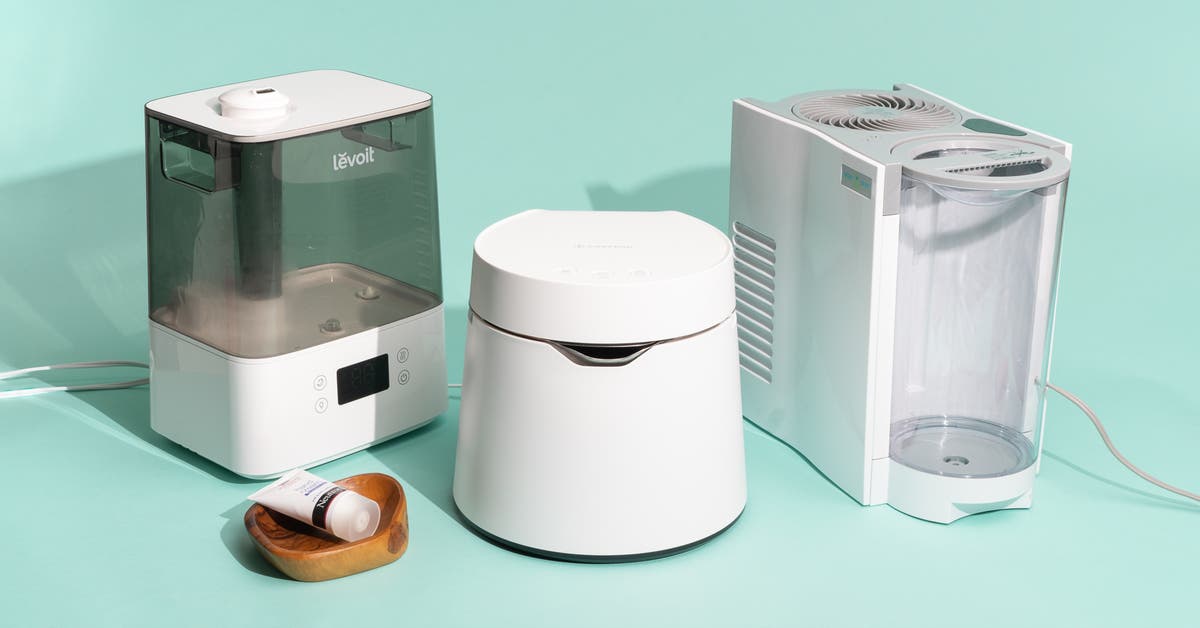
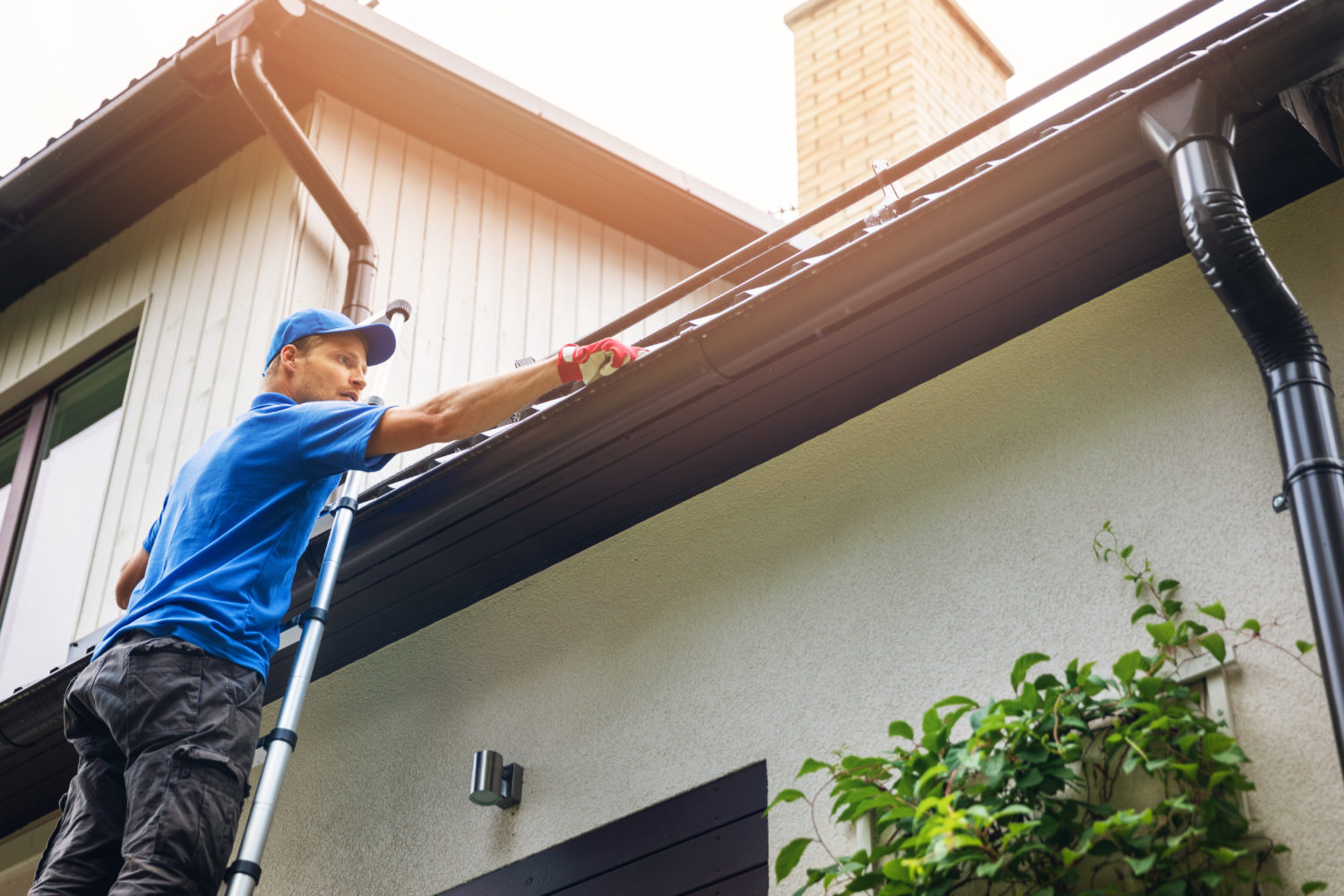
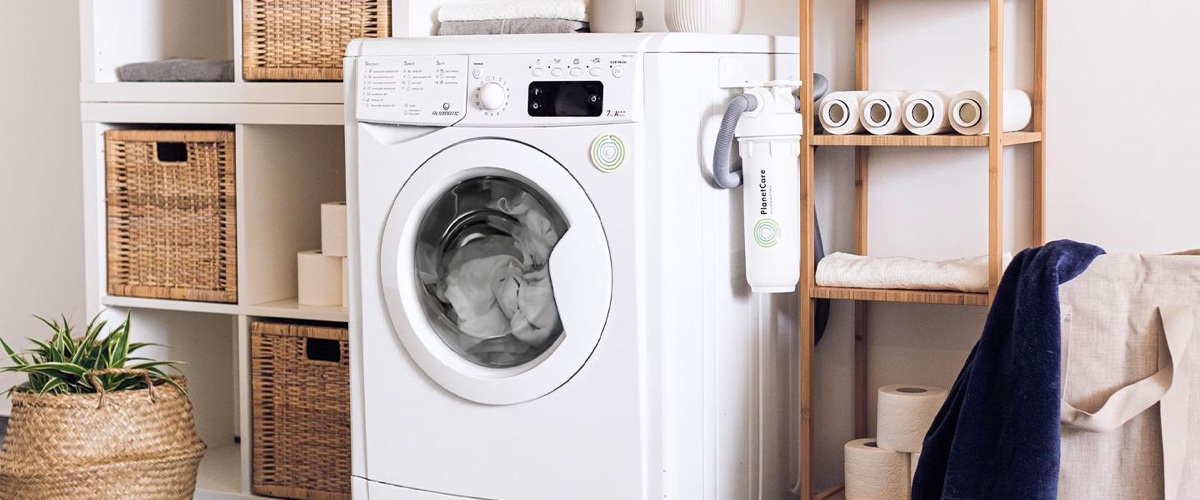
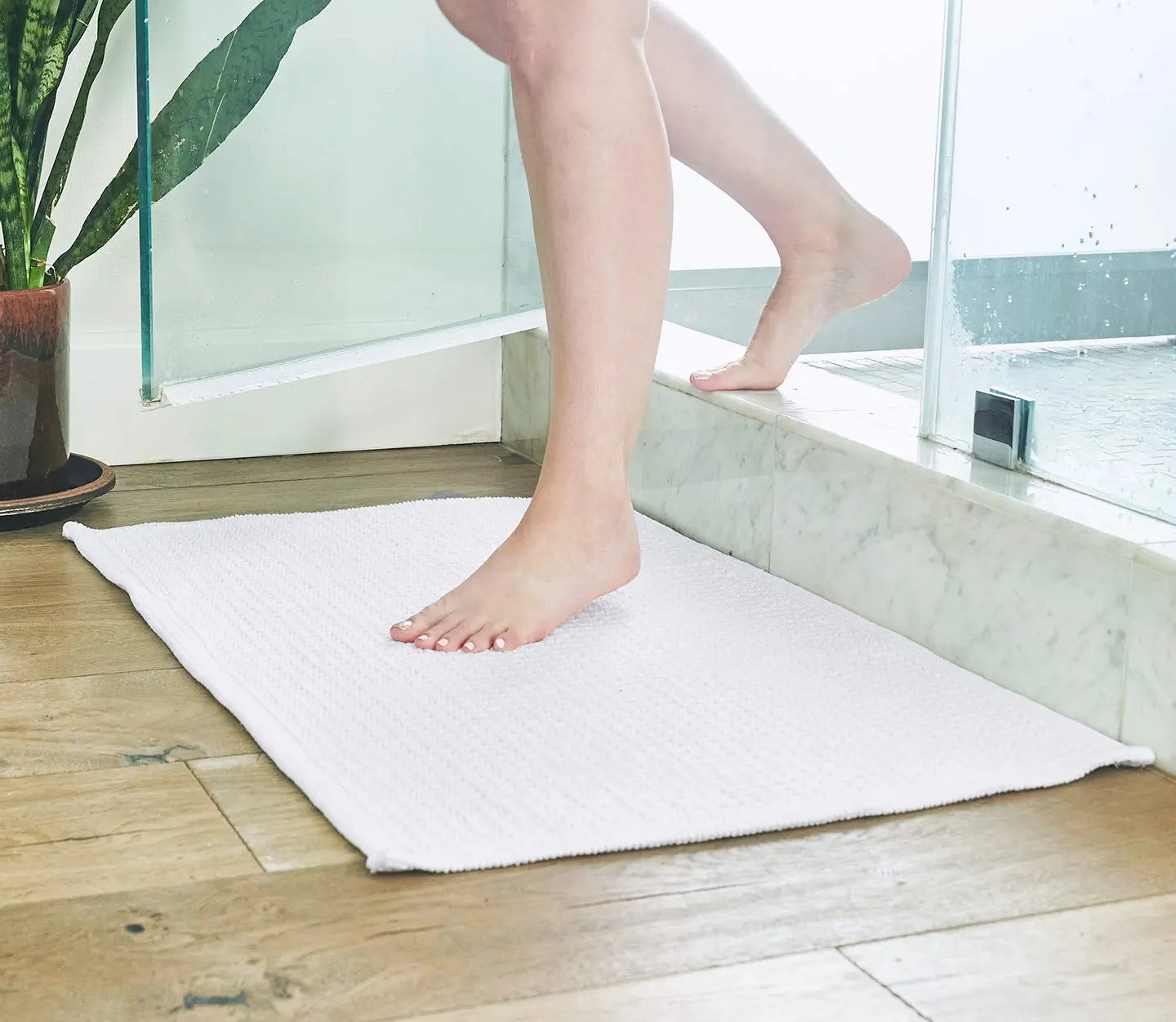
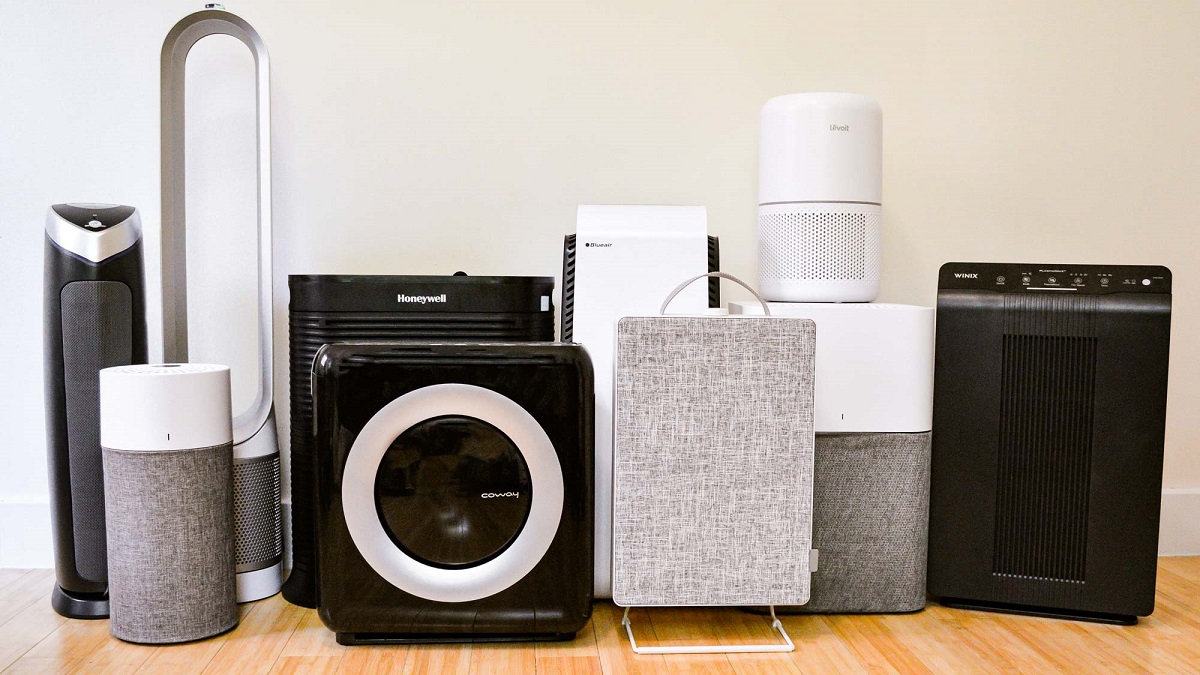
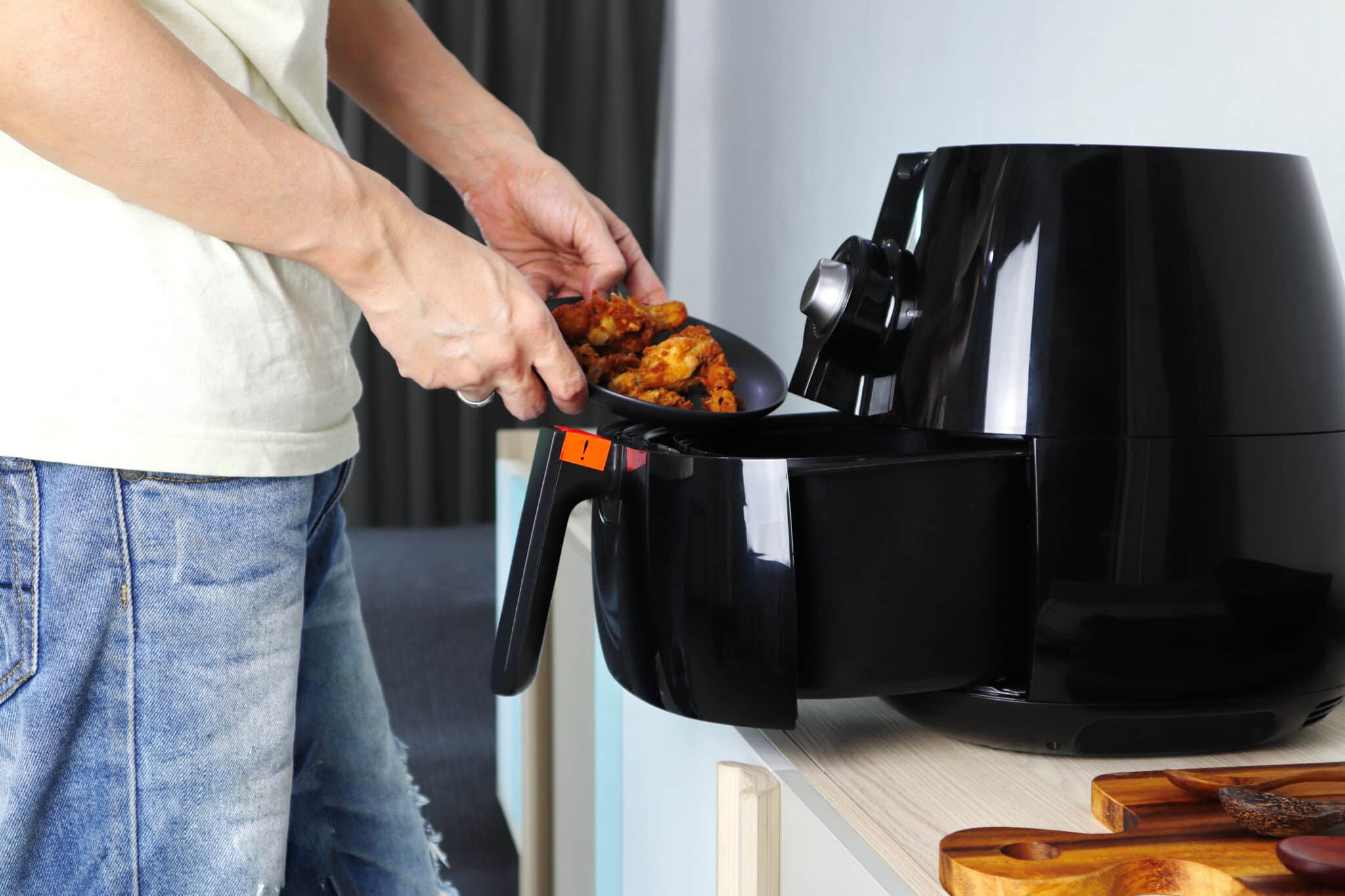
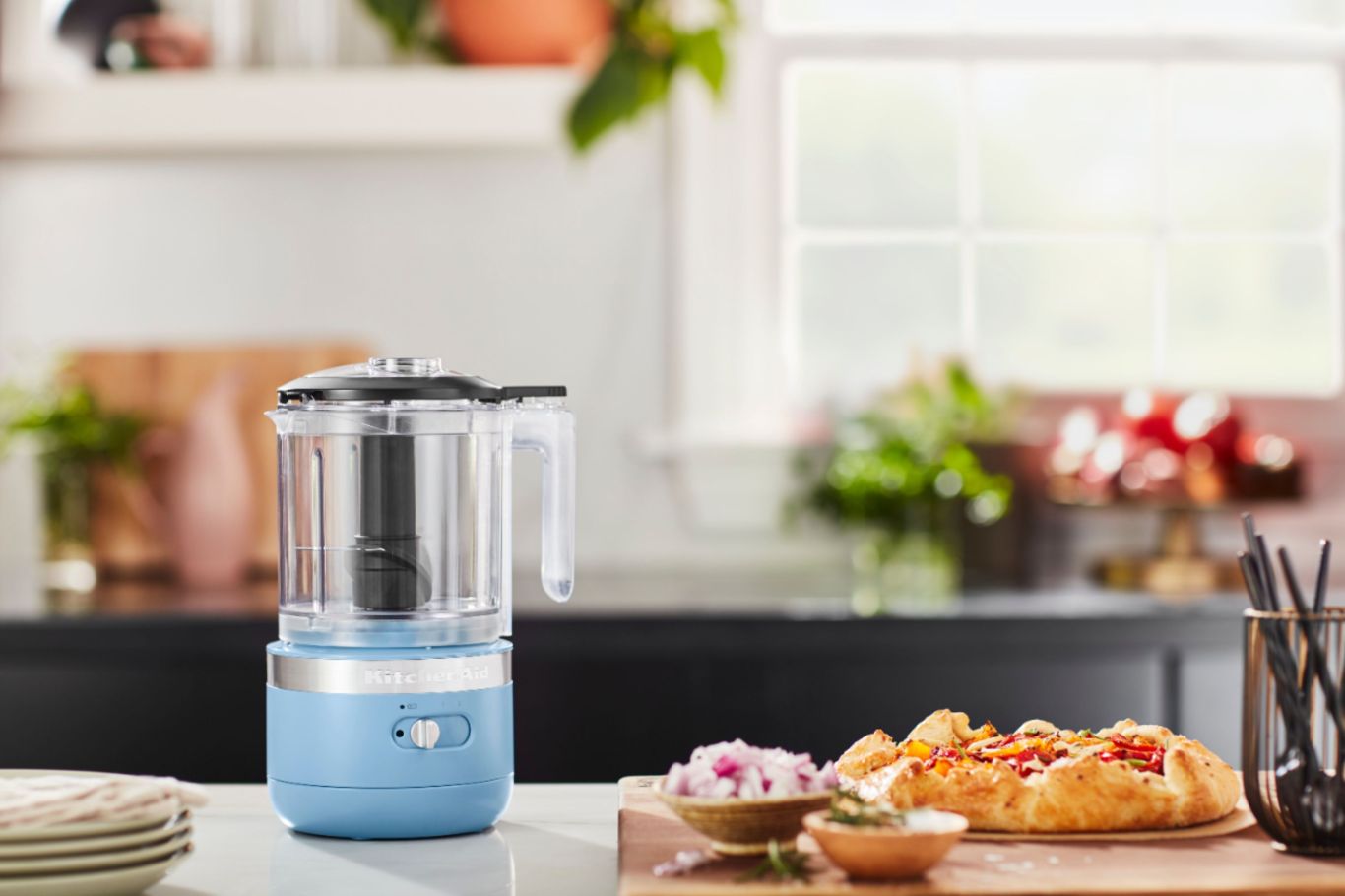
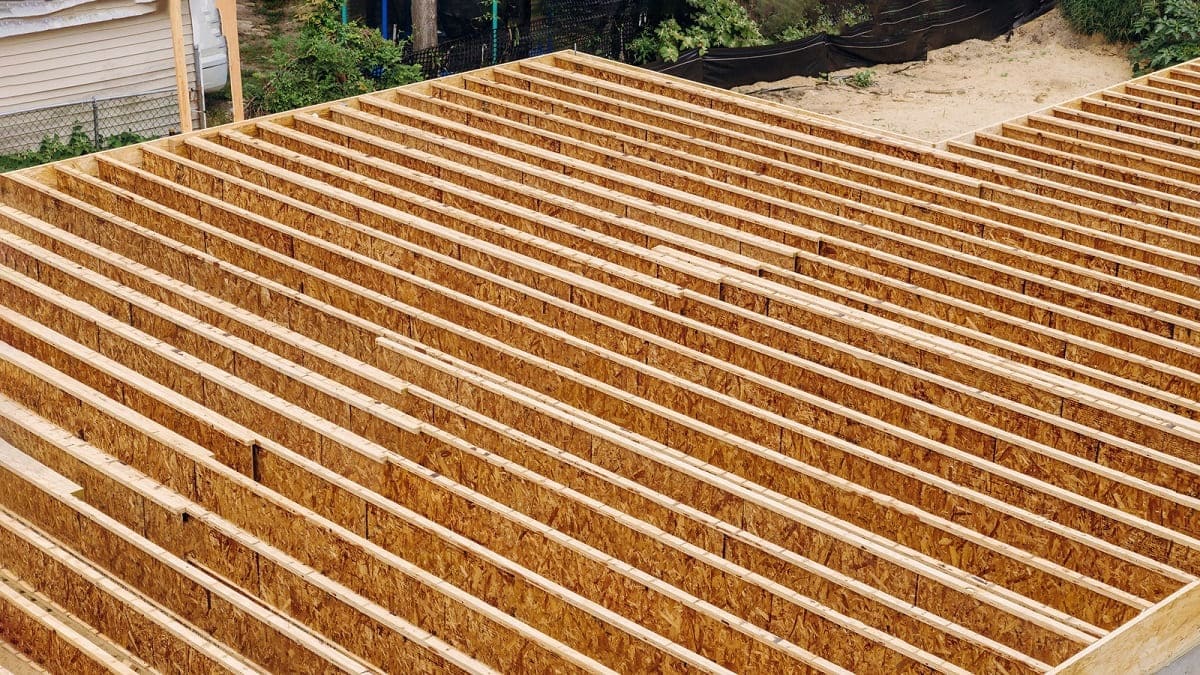


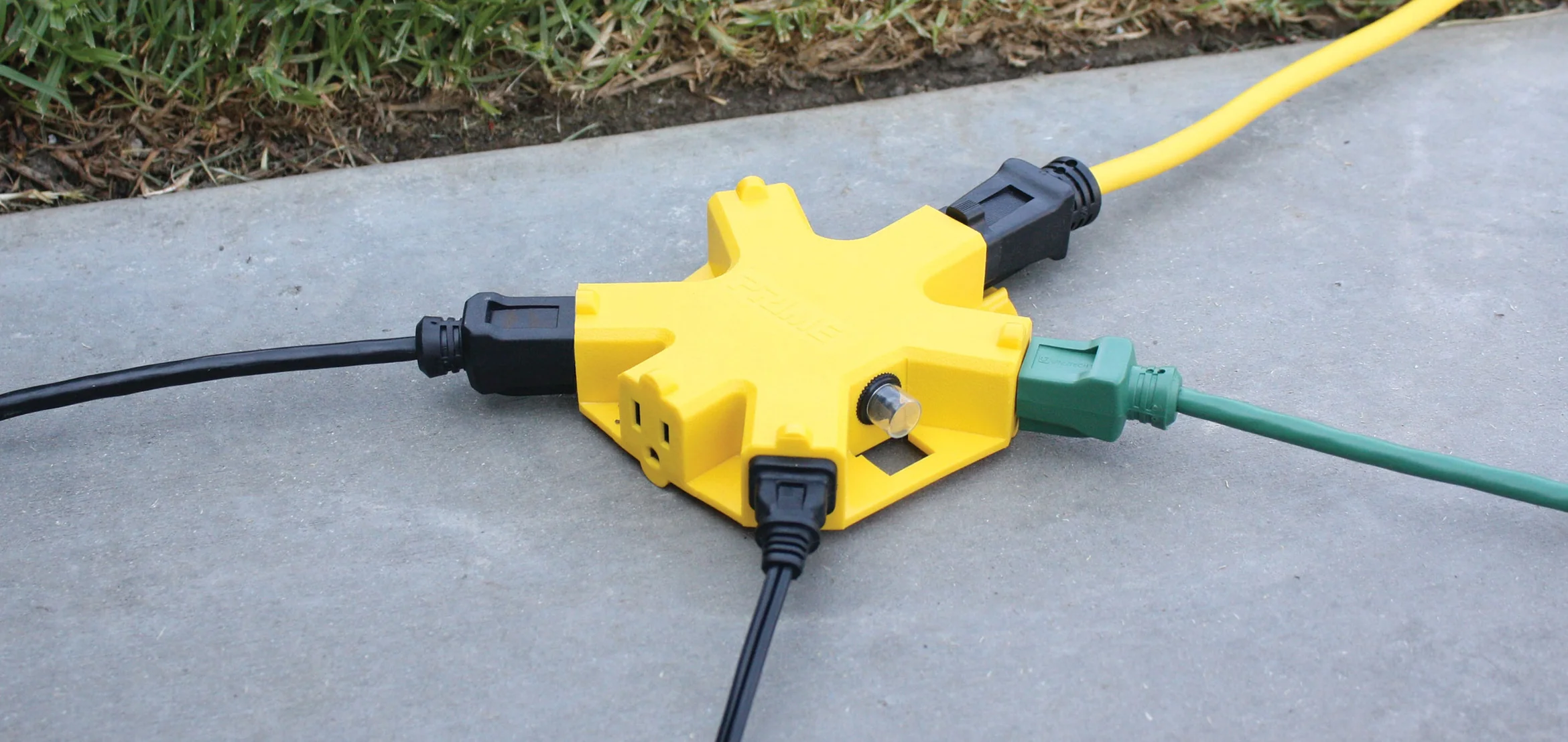
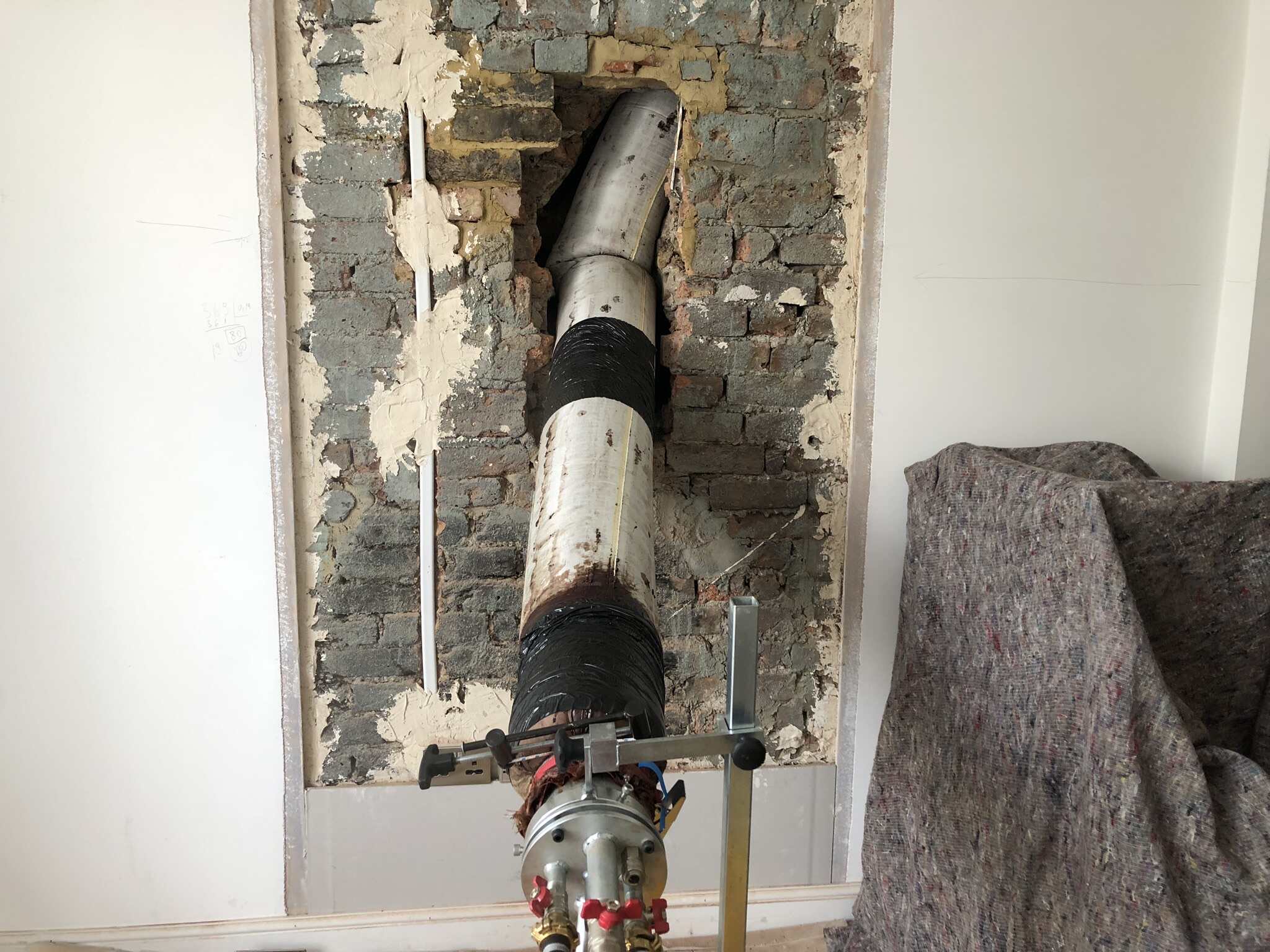
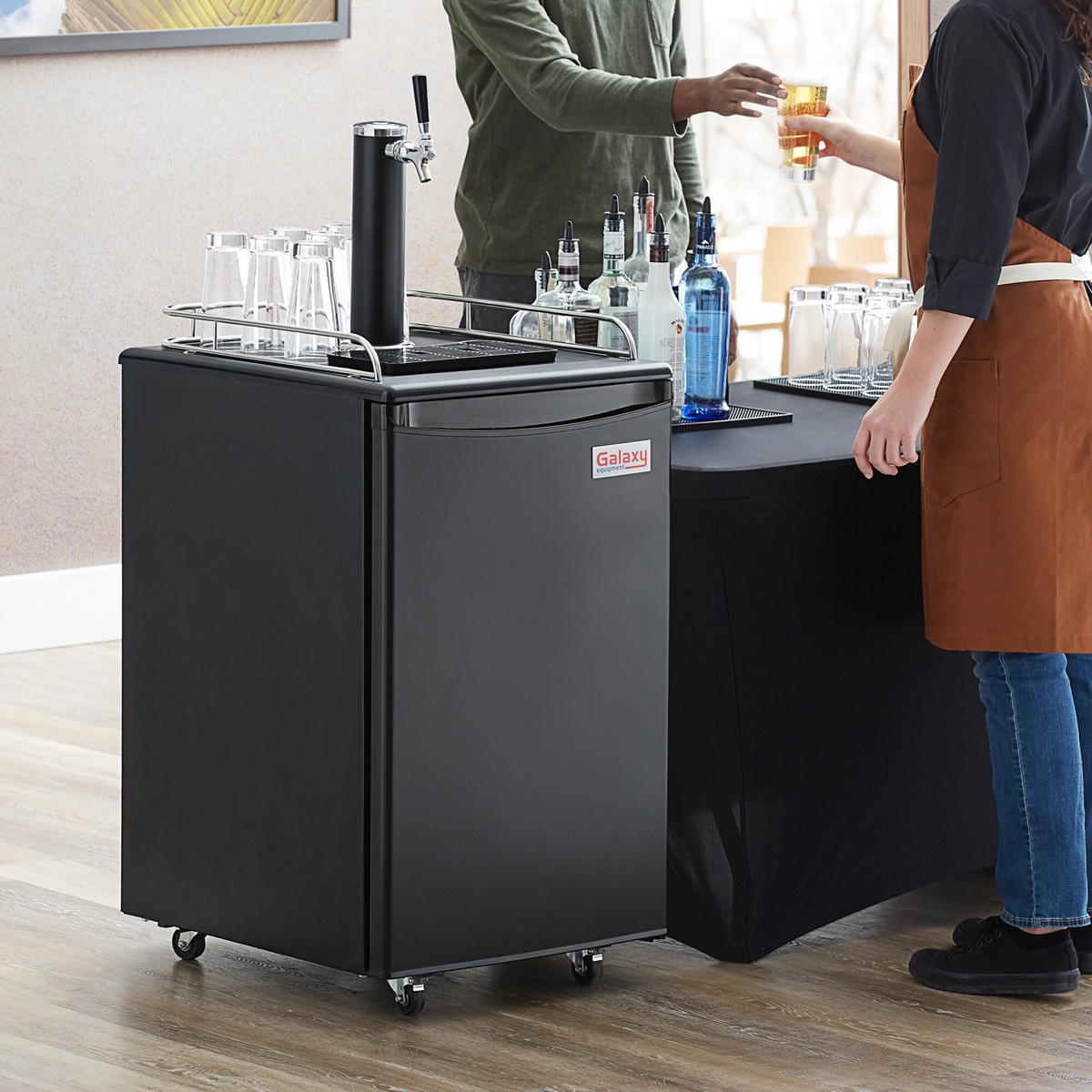

0 thoughts on “What Size Pressure Washer Do I Need”